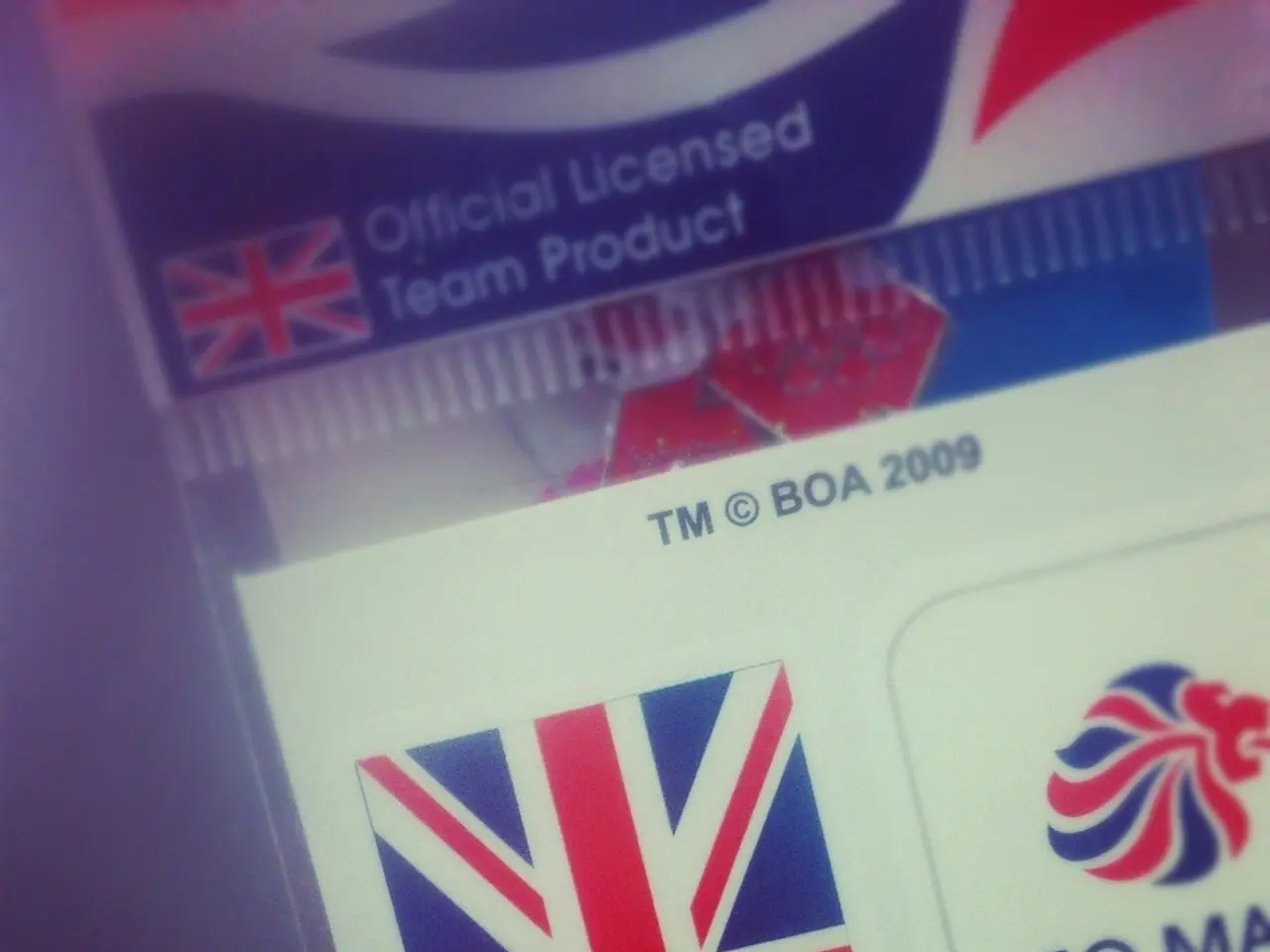IRCC's queue expands again after a several-month lull
The Immigration, Refugees, and Citizenship Canada (IRCC) has been making strides in reducing the backlog of immigration applications, according to recent data.
As of May 31, 2025, the total number of applications in IRCC's inventory stood at 2,117,800. This is a significant figure, but it's encouraging to note that 1,315,800 of these applications were being processed within IRCC's service standards.
The backlog, however, continues to be a concern. As of the same date, 402,400 Permanent Residence (PR) applications were in the backlog, an increase of 11,400 compared to the previous month. This represents a rise of 5.5% in the backlog from the end of April.
The percentage of PR applications through Express Entry in the backlog has soared from 24% in November 2024 to 49% in April 2025, and remained at 49% in May 2025. The family sponsorship backlog was at 14% as of April 2025, below the internal 15% backlog target.
When it comes to temporary resident (TR) applications, 64% were being processed within IRCC's service standards as of May end, while 38% of all work permit applications and 54% of visitor visa applications were in the backlog.
The study permit backlog continues to fall, with only 23% of applications backlogged, a decrease compared to the end of April when 30% of study permit applications were part of the backlog. The citizenship applications backlog remains steady within the target percentage at 19%.
The Ministry of Immigration, Refugees and Citizenship has been taking steps to address the backlog. They have implemented additional staffing, streamlined application processes, adopted new technologies, and increased processing capacity in recent months. IRCC has also been using advanced analytics and automation technologies since late last year to help with application sorting, identifying complex cases, and with summarization.
Despite these efforts, the department's latest Immigration Levels Plan announced reduced permanent resident targets over the next year. This could potentially impact the volume of applications and, in turn, the backlog.
IRCC aims to finalize immigration applications within their published service standards, but applications that exceed these standards are classified as part of the backlog. The ministry is committed to processing 80% of the applications submitted within its service standards.
The surge in the number of applications in the backlog since the end of October 2024 is the first such surge, indicating that the backlog issue is a complex one that requires ongoing attention and efforts. IRCC continues to work diligently to reduce the backlog and improve the efficiency of its application processing.
Read also:
- United States tariffs pose a threat to India, necessitating the recruitment of adept negotiators or strategists, similar to those who had influenced Trump's decisions.
- Weekly happenings in the German Federal Parliament (Bundestag)
- Southwest region's most popular posts, accompanied by an inquiry:
- Discussion between Putin and Trump in Alaska could potentially overshadow Ukraine's concerns







